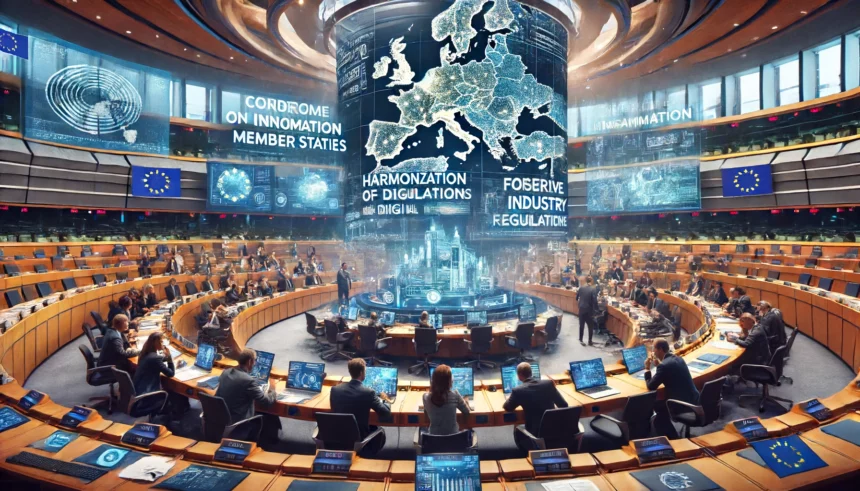Key Takeaways from the EU Briefing in Brussels
Recently, we gathered in Brussels for an insightful EU briefing session where industry leaders and policymakers discussed crucial topics regarding digital regulations. The goal was clear: harmonise these regulations to boost innovation, ensure proper oversight, and enhance global competitiveness. Here’s a closer look at the discussions and what they mean for the future.
Challenges in Maintaining Coherent Digital Regulations
Ensuring coherence across the EU’s 27 member states is no small feat. Each country has its own set of rules that sometimes conflict with overarching EU legislation. This fragmentation can lead to:
- Reduced Certainty for Businesses: Companies face inconsistent regulations, making it hard to innovate and invest.
- Increased Compliance Burdens: Businesses operating in multiple countries must navigate varying laws.
- Geopolitical Complications: Different national interests and external pressures further complicate policy-making.
These challenges highlight the need for a more unified approach to digital regulations across the EU.
The New Mandate for the European Commission
With a new mandate, the European Commission has a chance to tackle these issues head-on. The focus should be on:
- Digital Sovereignty: Enhancing Europe’s control over its digital infrastructure and data.
- Green Transition Goals: Aligning digital policies with environmental sustainability.
- Effective Implementation: Ensuring that existing regulations are enforced uniformly.
Establishing a Coordinating Mechanism
Digital policies touch on various areas like cybersecurity, data protection, AI, and digital markets. Each has its own set of rules and enforcement bodies, making coherence a challenge. A coordinating mechanism could help:
- Streamline Enforcement: Consolidate enforcement efforts across similar areas to improve efficiency.
- Avoid Overlaps: Clearly delineate responsibilities to prevent conflicts between regulatory bodies.
This mechanism would act as both enforcer and advisor, ensuring consistent application of existing regulations without creating new bureaucratic layers.
Strategic Public Policy and Advocacy
The role of industry in shaping digital regulations cannot be overstated. Here are some ways businesses can contribute:
- Proactive Engagement: Collaborate with policymakers to highlight the benefits of harmonised regulations.
- Insight Sharing: Provide practical insights into how regulations impact daily operations.
- Cybersecurity and Data Access: Work together to strengthen these areas, which are critical for innovation.
Expert Advice and Strategic Support
Navigating the complex landscape of EU digital regulations requires expert guidance. Access Partnership offers strategic support to both public and private sector clients, helping them stay ahead in a rapidly changing environment.
Conclusion
Harmonising EU digital regulations is crucial for fostering innovation and maintaining global competitiveness. By addressing the challenges of fragmentation and leveraging strategic industry engagement, the EU can create a cohesive and effective regulatory framework. This will not only benefit businesses but also ensure that Europe remains a leader in the digital age.
















